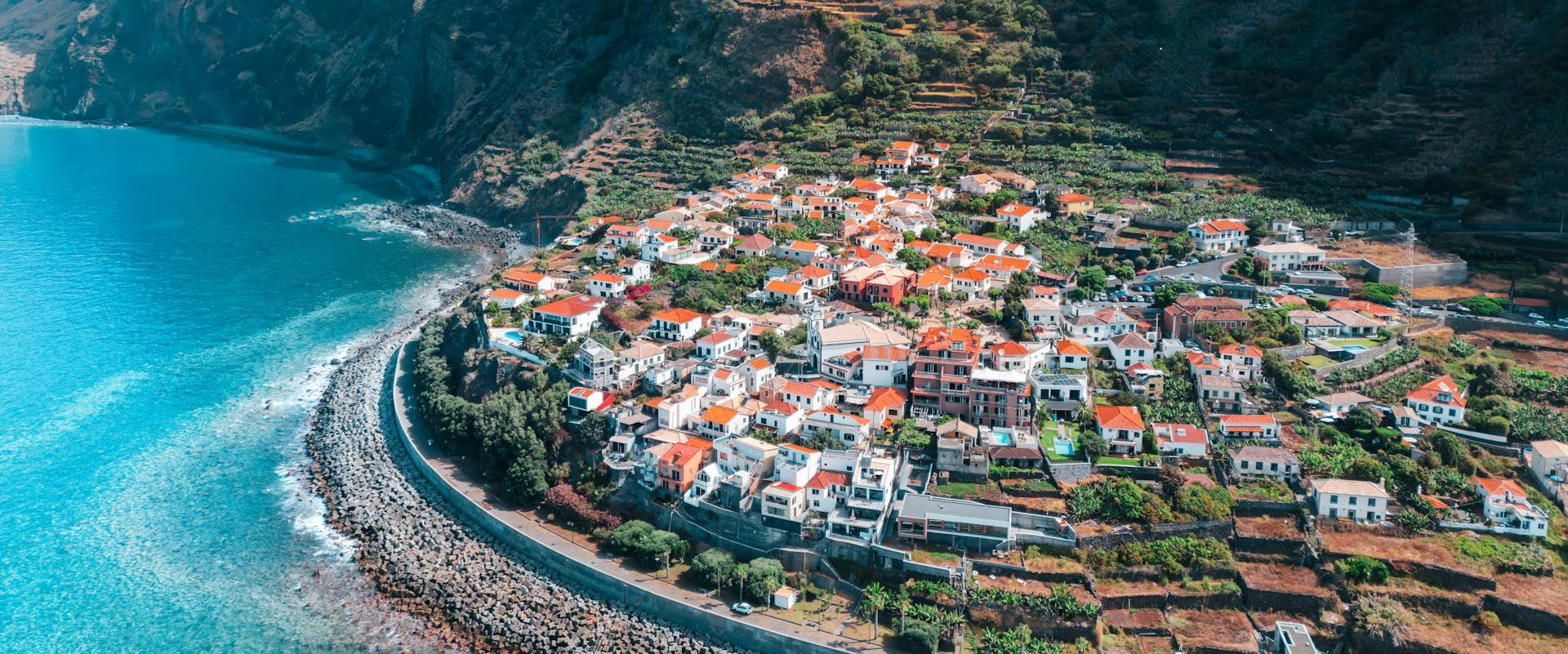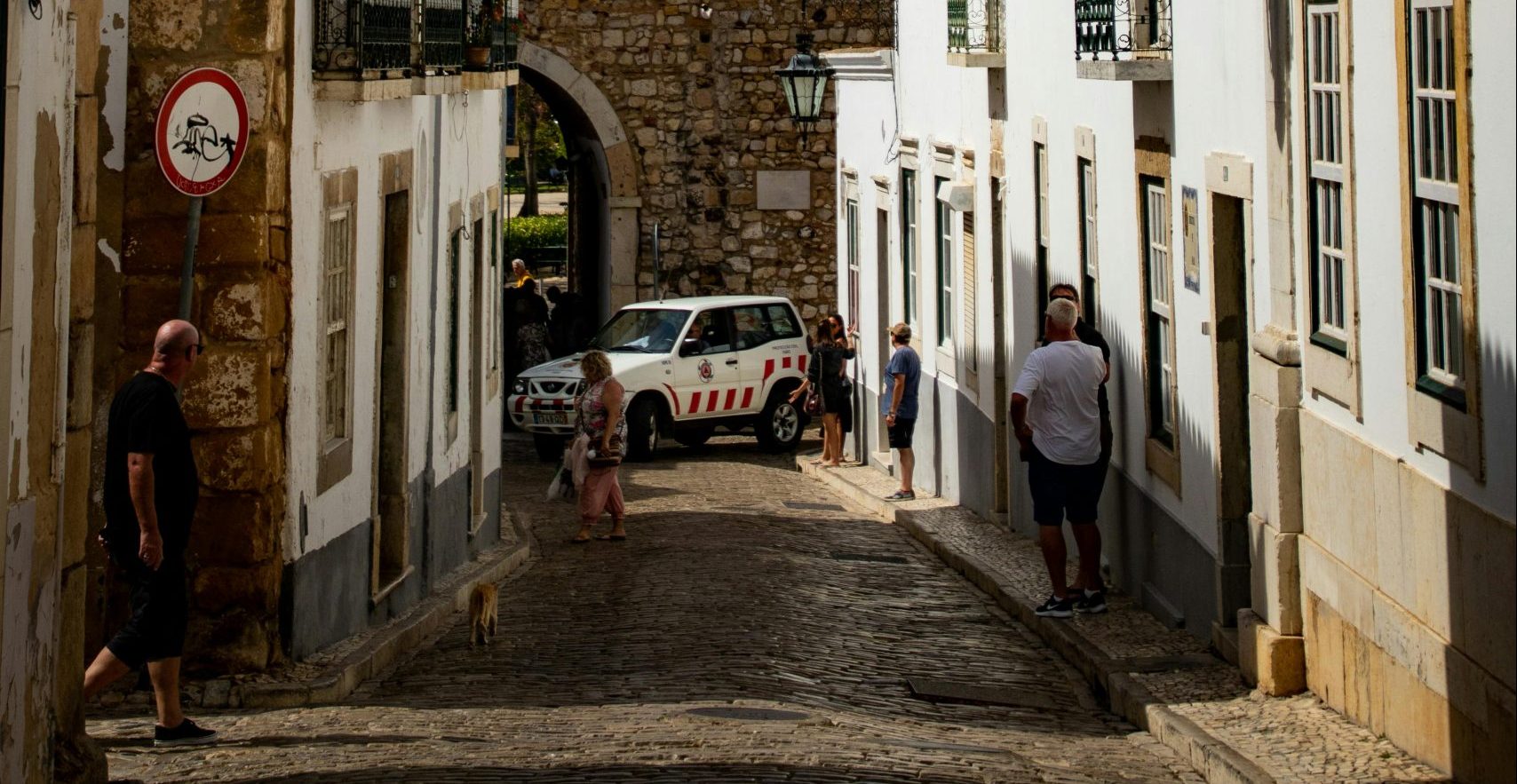
Portugal has become an increasingly attractive destination for British expats. Various factors contribute to this trend, from the appealing cost of living to the pleasant climate and cultural richness. Here, we’ll delve into why Brits are moving to Portugal, the tax implications, popular expat locations, residency rules, and tips for a smooth relocation.
One of the primary reasons Brits are moving to Portugal is the lower cost of living. Portugal is significantly cheaper than the UK, especially regarding housing, groceries, and utilities. For example, rent can be up to 35% cheaper in Portugal, making it an economical choice for retirees and remote workers. Portugal’s welcoming culture and vibrant expatriate community also play a significant role. Many British expats find integrating and making friends easy through local social media groups and expatriate networks. The country’s rich history, diverse cuisine, and numerous festivals provide a culturally enriching experience. The Portuguese climate is another major draw. With over 300 days of sunshine annually in some regions, Brits are attracted to Portugal’s outdoor lifestyle. The warm environment beautiful beaches, and scenic landscapes make it an ideal location for those seeking a healthier, more relaxed lifestyle.
British expats who become tax residents in Portugal are subject to Portuguese tax laws, which differ from those in the UK. The major tax differences between the UK and Portugal include income tax, corporate tax, VAT, social security contributions, property taxes, and inheritance taxes. The UK’s income tax rates range from 20% to 45%, while Portugal’s range from 14.5% to 48%, with special rates for non-habitual residents. The UK’s corporate tax rate is 19%, whereas Portugal’s is 21%, with additional surcharges. VAT in the UK is 20% compared to Portugal’s 23%. Social security contributions in Portugal are higher, with employees paying 11% and employers 23.75%, compared to the UK’s National Insurance rates. Property taxes in Portugal include an annual IMI tax and a property transfer tax, whereas the UK has Stamp Duty Land Tax and Council Tax. Portugal does not have inheritance tax but does have a 10% stamp duty on gifts, while the UK applies inheritance tax above a certain threshold. Additionally, Portugal imposes a wealth tax on properties valued over €600,000, unlike the UK.
British expats in Portugal predominantly settle in the Algarve, Lisbon, and Porto. The Algarve tops the list due to its beautiful coastline, warm climate, and vibrant expat community, especially in towns like Lagos and Albufeira. Moreover, Lisbon attracts Brits for its cultural richness, modern amenities, and robust job market. Similarly, Porto, known for its historic charm and wine culture, offers a lower cost of living and a growing expat community. Additionally, Central Portugal, including Coimbra and Leiria, appeals to those seeking a quieter, more authentic Portuguese experience. Meanwhile, Madeira remains a favourite for retirees and those desiring a tranquil lifestyle with mild weather year-round. Overall, these areas are popular due to their unique mix of climate, lifestyle, and amenities, making them ideal for different preferences and needs among British expats.
British citizens can stay in Portugal for up to 90 days within any 180-day period without a visa, covering both tourism and business visits. For stays longer than 90 days, Brits must apply for a visa or residence permit, such as the Temporary Stay Visa for studies, work, or family reunification, or a Residence Permit for those with a job offer, business, or sufficient financial means. The Golden Visa, which requires a significant investment, is another option that provides a pathway to residency and citizenship. Common visas include the D7 for retirees and the Digital Nomad visa for remote workers. It’s crucial to track your stay to avoid overstaying, which can lead to fines, deportation, and future travel restrictions.
Relocating to Portugal involves selecting the right visa, gathering necessary documents, and navigating the application process. Popular visa options include the D7 Visa for retirees or passive income earners, the D8 Visa for digital nomads, the Golden Visa for significant investors, and the D2 Visa for entrepreneurs. Family reunification visas are available for those with EU/EEA/Swiss citizen spouses or partners. After choosing the appropriate visa, gather required documents such as proof of income, accommodation, health insurance, and a clean criminal record. All must be submited at a Portuguese consulate. These processes take typically sixty days. To take care of all bureaucracy on time, apply for a temporary residency permit, this will give you enough time to register with local authorities, and set up health insurance and banking. Learning Portuguese, at least an intermediate level to start will improve the quality of your life a hundred times better. Meanwhile join expat communities, and understand local customs, this will easy the tension between possible homesickness and adaptation to your new life. Handling bureaucracy can be stressful, so keep documents organised and seek professional assistance if you feel that is to much to handle by yourself, being safe is always better than sorry. To add to your team, VanOne offers comprehensive support for a efficient relocation, from customs clearance to door-to-door delivery. Contact us if you have any questions, our team will be more than please to help.
Remebering the key points:
Summing up, moving to a new country can be stressful. Plan meticulously, keep all your documents organised, and don’t hesitate to seek professional help for immigration and relocation services. VanOne can assist with every of you relocation to Portugal, ensuring a hassle-free transition to your new life. VanOne International Movers specialises in international relocations, offering affordable and tailored services. Our logistics system minimises costs by avoiding unnecessary trips, ensuring you get the best rates for your move. From customs clearance to door-to-door delivery, we provide all the necessary support to provide you an excellent service.
 Why Are Italians Moving to Portugal?
Why Are Italians Moving to Portugal?Why Are Italians Moving to Portugal? In recent years, many Italians have decided to leave their homeland and…
 What is Expat Burnout? Causes, Symptoms, and Solutions
What is Expat Burnout? Causes, Symptoms, and SolutionsWhat is Expat Burnout? Causes, Symptoms, and Solutions Expat burnout, often referred to as expatriate burnout, is a…
 Moving Abroad and Leaving Pets Behind
Moving Abroad and Leaving Pets BehindMoving Abroad and Leaving Pets Behind Relocating to a new country often brings excitement but can also involve…
 Where is the best place for the elderly to live in Europe?
Where is the best place for the elderly to live in Europe?Where is the best place for the elderly to live in Europe? Moving abroad presents opportunities and challenges,…